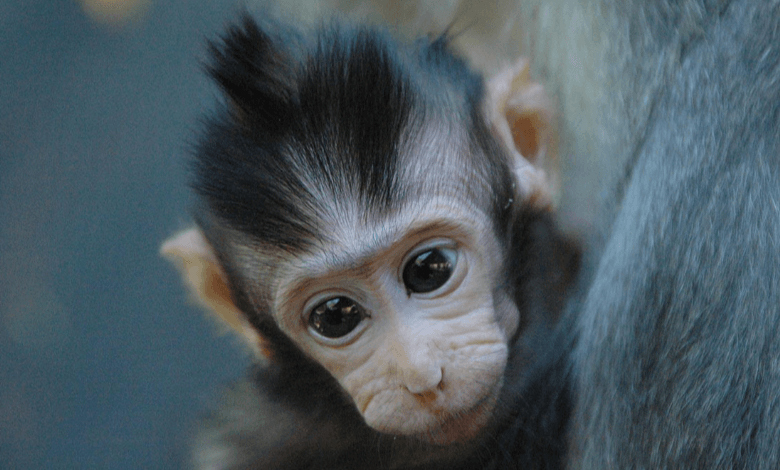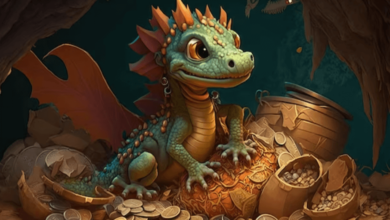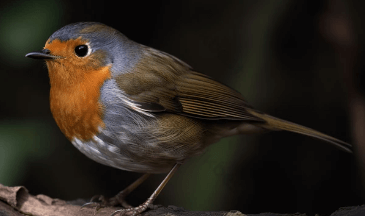Baby:2pwst3xnlkm= Monkeys

The allure of Baby:2pwst3xnlkm= Monkeys extends beyond their undeniable charm; it invites a deeper examination of their intrinsic social structures and emotional needs. As these young primates demonstrate playful behaviors and cognitive abilities, it raises critical questions about the implications of domestic environments on their development. The challenges faced by those who choose to raise them at home further illuminate the complexities involved in nurturing such intelligent beings. However, the conversation does not end there; it opens up a broader discourse on conservation efforts and the ethical considerations surrounding our interaction with these remarkable creatures.
The Appeal of Baby Monkeys
The sight of a baby monkey, with its large expressive eyes and playful demeanor, evokes a sense of wonder that transcends cultural boundaries.
This phenomenon is attributed to the cuteness factor, which plays a crucial role in human attraction to these primates.
Furthermore, observing their social behavior highlights the complexity of their interactions, fostering a deeper appreciation for their intelligence and the evolution of social bonds within species.
Raising Baby Monkeys at Home
Raising baby monkeys at home presents a unique set of challenges and considerations that differ significantly from the experience of observing them in their natural environments.
Effective monkey care necessitates understanding their complex social needs; implementing appropriate socialization techniques is crucial for their emotional and cognitive development.
Caregivers must ensure an enriching environment that fosters healthy interaction and mimics their natural social structures.
Conservation of Primate Species
Conservation of primate species is imperative not only for maintaining biodiversity but also for preserving the intricate ecosystems in which these animals play vital roles.
Habitat preservation is essential, as deforestation and human encroachment threaten their survival.
Additionally, ethical concerns arise regarding the treatment of primates in both wild and captivity.
Addressing these issues is crucial for fostering a sustainable coexistence with these remarkable creatures.
Read Also Baby:2gbiujv5rkw= Wolf
Lessons From Baby Monkeys
Observations of baby monkeys provide valuable insights into primate behavior, social structures, and developmental processes, which are critical for understanding the broader implications of their conservation.
Their playful behavior fosters social bonding, essential for group cohesion and survival.
Additionally, these interactions highlight the importance of nurturing environments that facilitate growth, resilience, and adaptability, underscoring the need for proactive conservation efforts focused on habitat preservation and social dynamics.
Conclusion
In conclusion, the allure of Baby:2pwst3xnlkm= Monkeys transcends mere aesthetic appreciation, serving as a window into the intricate social structures and emotional intelligence within primate species. The challenges associated with raising these animals at home highlight the necessity for informed care and enriched environments. As the adage states, “It takes a village to raise a child,” so too does it take collective effort to ensure the conservation of these remarkable creatures, thereby safeguarding their future and that of their ecosystems.




